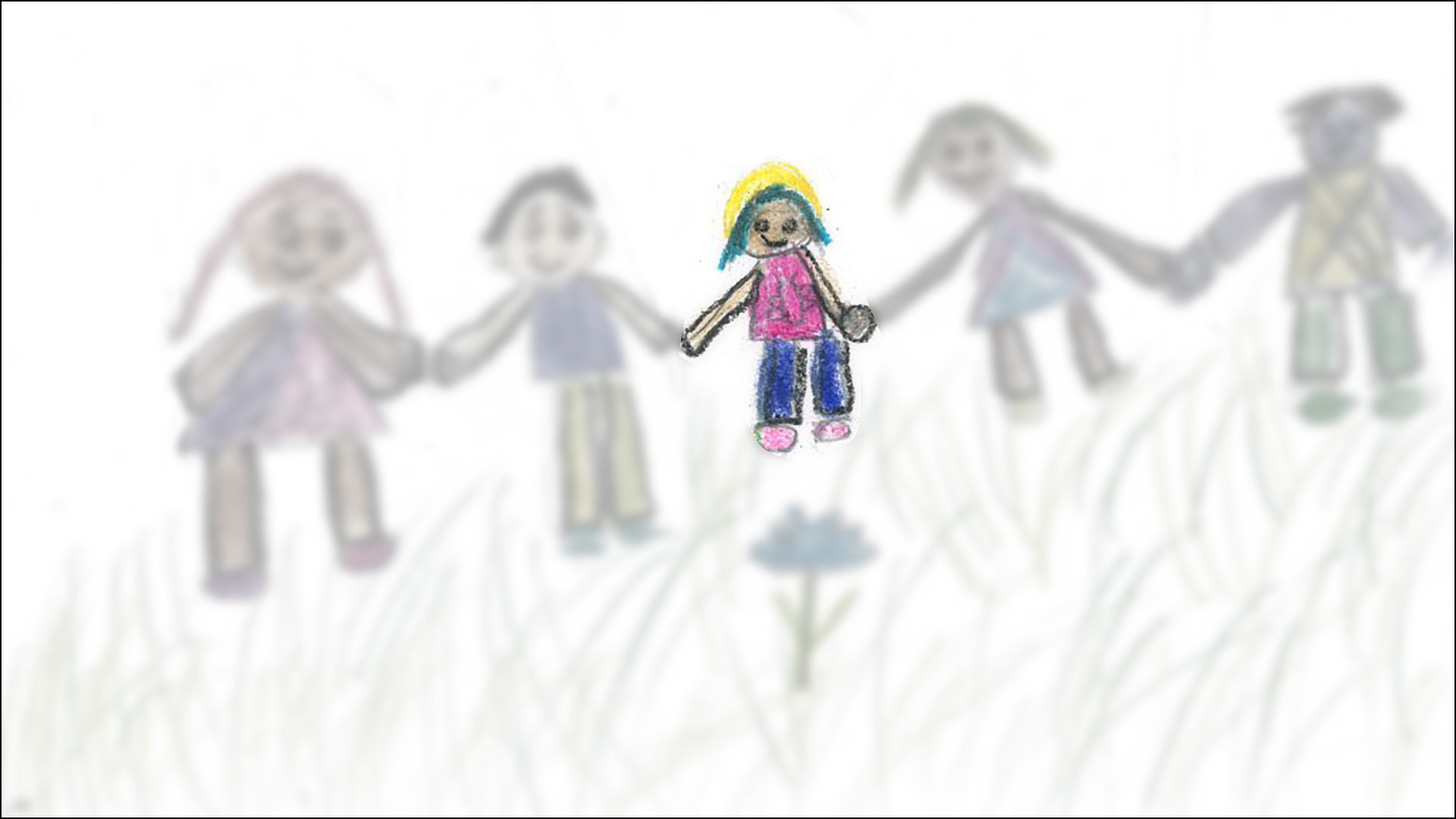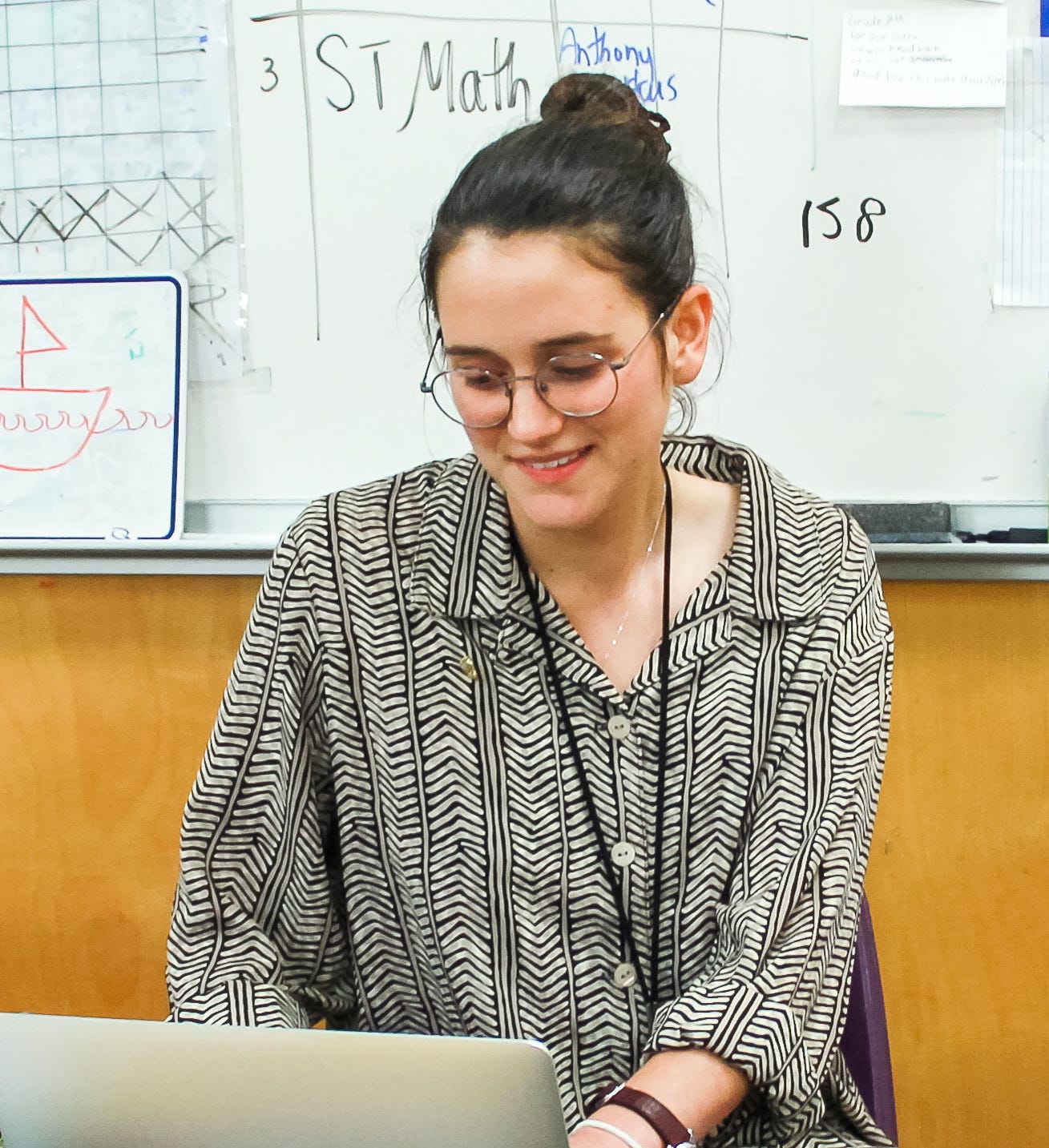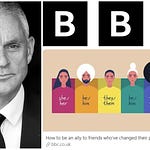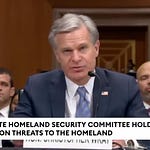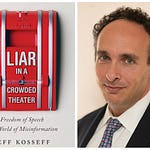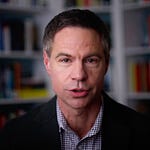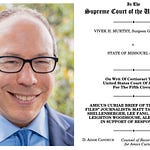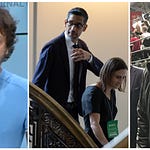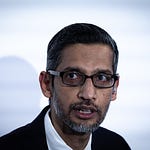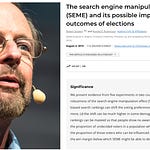by Michael Shellenberger and Leighton Woodhouse
In June 2021, Alex Gutentag, a public middle school teacher in Oakland, tweeted the following:
“Today FDA advisors voted unanimously to approve Pfizer’s 3-dose vaccine for children 6 months to 5 years old. Parents need to know that Pfizer’s claim of 80% efficacy is based on just 10 covid cases after the 3rd dose in the trial. 10 cases — that’s it. How is this not a scandal?”
Not long after, Twitter called Gutentag’s tweet “misinformation” and suspended her from Twitter.
“They had a five strikes policy, and this was my last strike,” Gutentag explains in a fascinating podcast you can listen to above. “It was one strike for something ‘misleading’ and then it was two strikes for ‘misleading.’ … They could give you two strikes from one tweet and then you'd have to delete it and, you know, go through your humiliation ritual.”
Many people point out that Twitter employees were doing their best with the information they had at the time. The vaccine was widely considered safe, and promoting it was viewed as preventing real-world harm. And thus, allowing critical posts of it was viewed as creating harm by creating vaccine hesitancy.
But in this case, Gutentag was simply repeating back what Pfizer itself said in its press release, as several people pointed out at the time. “Today, Twitter permanently suspended my friend @galexybrane for citing Pfizer's own press release,” wrote Lauren Hagen. “Guess that means Pfizer is next, right? Is that how this works?”
Recall that the Department of Homeland Security, Stanford Internet Observatory, and other censorship organizations were successfully pressuring Twitter and Facebook to expand from censoring inaccurate information to censoring “misleading” information, a category that included true information about vaccines but which the self-appointed censors felt would cause “vaccine hesitancy.”
From there, it was a short step toward removing people like Gutentag entirely from the platform for the crime of expressing wrongthink. And indeed, that was one of the goals of Renee DiResta and other censors: remove “misinformation super-spreaders” from social media platforms altogether.
Over the last few months, we have had a chance to get to meet some of the people who were censored over the last few years. Some are prestigious and famous, like Stanford University’s Jay Bhattacharya, the co-author of the Great Barrington Declaration. Others, like Gutentag, are ordinary citizens working neither in academia or in journalism.
We need courageous scholars like Bhattacharya to speak up. We must defend them. But if we are going to dismantle the Censorship Industrial Complex, we also need people like Gutentag. And so we need to understand them. Why did Gutentag speak up when so many others remained silent?





